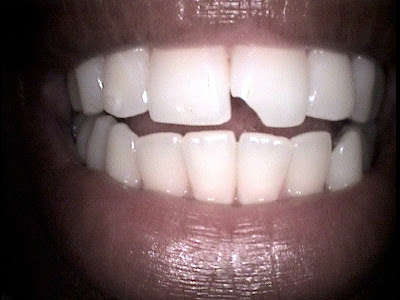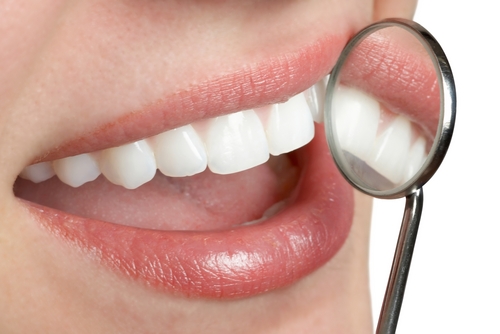Have you ever gone to the dentist and been told you’ve got gum disease, or periodontal disease? Perhaps you worried, wondered what caused it, wondered how serious it is, or maybe you thought nothing of it.
Gum disease isn’t uncommon. In fact, about 80% of Americans have it. That doesn’t mean it isn’t serious, or that your health could be drastically improved by taking simple steps to prevent it. Periodontal disease can cause bad breath, swollen and painful gums, painful chewing, tooth sensitivity, and tooth loss.
Why did I get gum disease?
Bacteria causes plaque, which hardens into tarter, which brushing doesn’t remove. If you brush and floss every day, you remove much of the bacteria before it can ever turn into plaque and then tarter. If you aren’t brushing properly, you’re going to have tarter.
Other risk factors include:
- smoking
- hormonal changes
- diabetes
- stress
- certain medications (including antidepressants and some heart medication)
- illnesses (including cancer and AIDS)
- simple genetic susceptibility.
How severe is my gum disease?
Gingivitis is one form of gum disease, which is less severe than others, though still bad. Gingivitis is caused by bacteria, plaque, and tarter which inflame the gums, causing the gums to become red and swollen. You can reverse gingivitis by brushing, flossing, and visiting your dentist regularly.
If you do not reverse gingivitis, it can turn into the more severe periodontitis, or inflammation around the tooth. Periodontitis can result in the bones, gums, and connective tissue that support the teeth breaking down until the tooth becomes loose and has to be removed.
What can I do to prevent and/or reverse gum disease?
- First of all, you must visit your dentist on a regular basis. Your dentist can help prevent and detect many problems you wouldn’t be able to prevent or detect on your own.
- Brush your teeth twice a day, with a fluoride toothpaste.
- Floss your teeth every day.
- Eat a well-balanced diet. There are many misconceptions about what a well-balanced diet consists of, so do your research. A well-balanced diet consists primarily of whole plant foods, including brown rice and other whole grains, beans, vegetables, and fruits.
- Do not use tobacco products.
How can my dentist help treat my gum disease?
The main goal of gum disease treatment is to control the infection. Steps will vary, depending on the severity of a patient’s individual case. The first step, for every case, is to take excellent care of your teeth and gums at home. If you use tobacco products, you should stop using tobacco.
Your dentist, periodontist, or dental hygienist will professionally deep clean your teeth to remove plaque, using methods called scaling and root planning. Scaling simply means scraping off tarter from above and below the gum line. Root planning removes bacteria and rough spots on the tooth root.
In some severe cases, you may also need medication or surgical treatment. If you take the proper steps now, you reverse your gum disease, or never even get it in the first place.






































